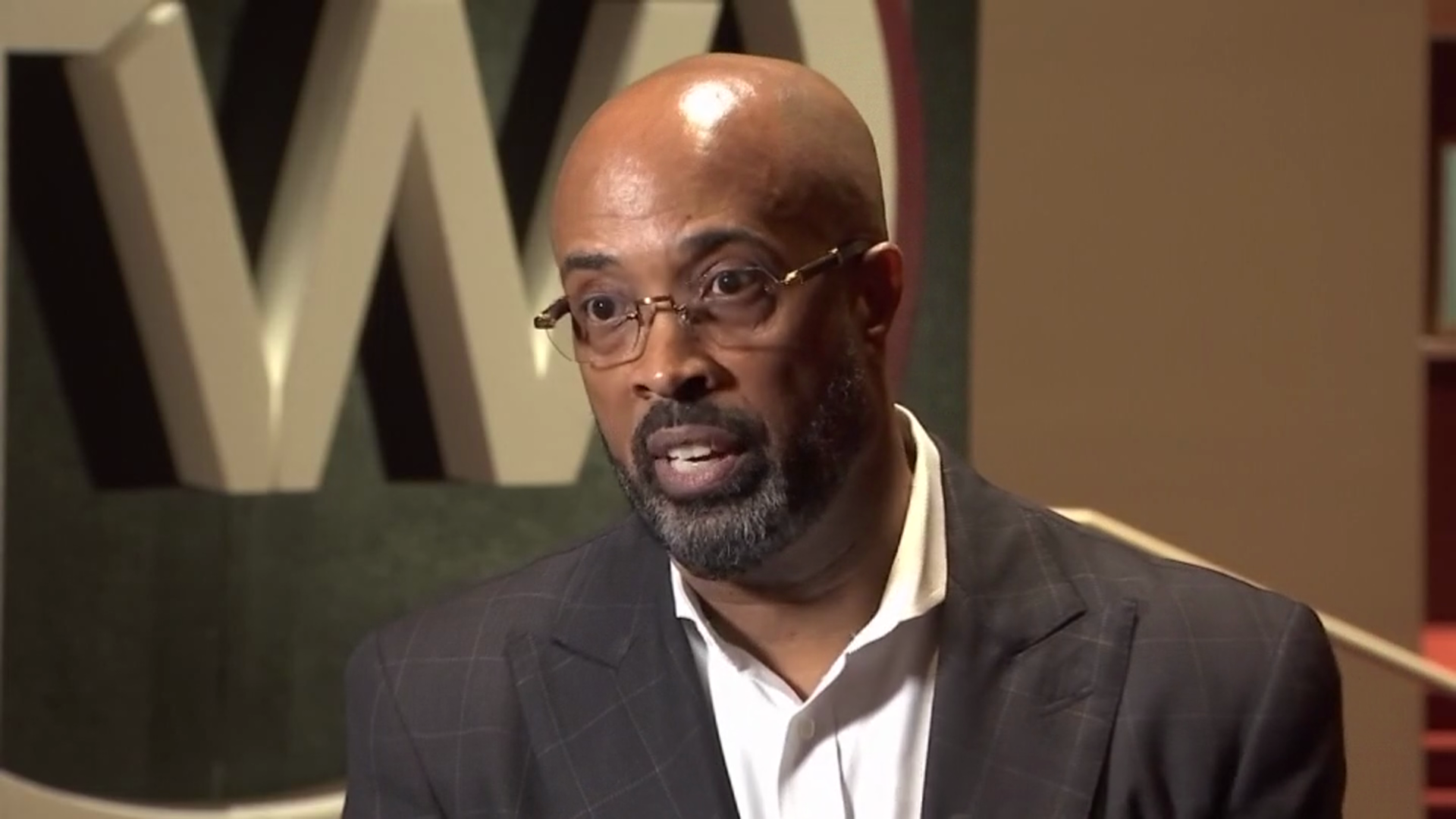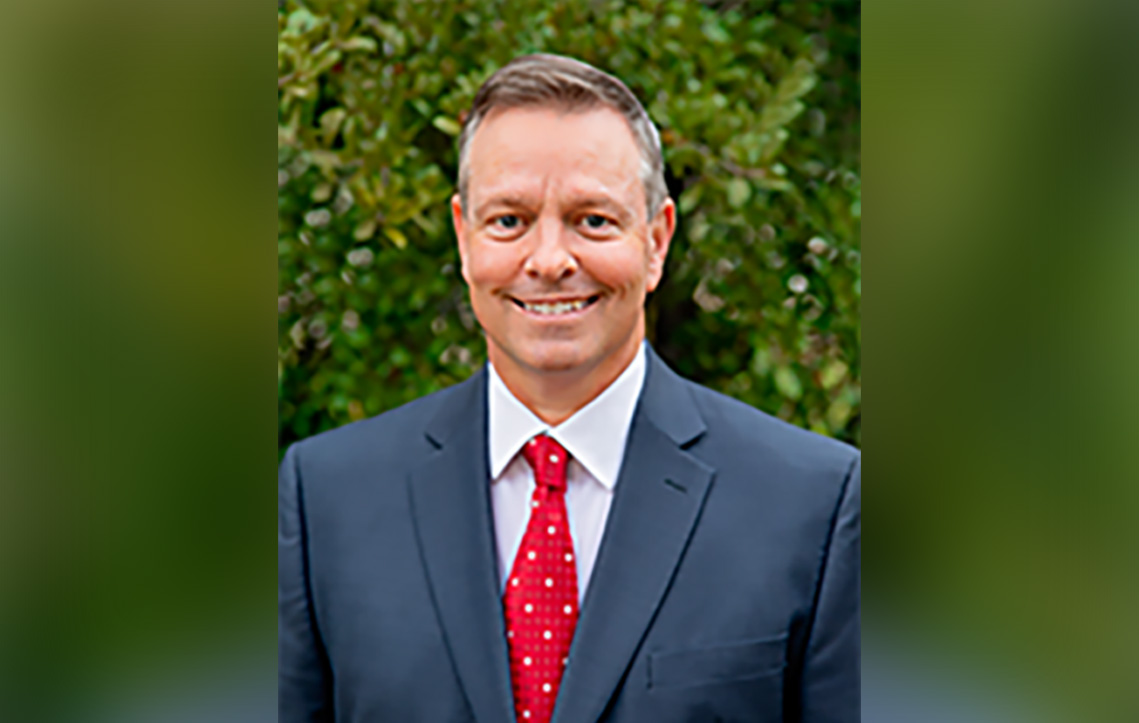It isn’t Hollywood. But that’s exactly why some prefer the Dallas film market to the better known ones.
“In L.A. and New York they’re kind of used to it, it’s all hat," said Jason Kabolati, principal partner at Agora Entertainment studio in Irving. "You become a nuisance to them. Whereas in Dallas, you shoot a film and the community sort of stops and tries to help you out."
The Dallas film industry grew over the last 20 years and garnered more and more interest from filmmakers around the country. There are currently a handful of studios in DFW that produce an average of 300 projects a year, from feature films and reality TV shows, to music videos and commercials.
Kabolati said Dallas has offerings that other cities do not.
“You could get a big city out of Dallas, you could get the small town out of Dallas," Kabolati said. "A lot of the community areas are middle of the road so you can get the average family lifestyle, so, it gives you everything. It gives you that chic slick thing and gives you that urban cattle ranch vibe."
Farah White has been acting for 12 years. The Dallas native says it took her years to realize she didn’t need L.A. or New York to work in show business.
“I was in Dallas, I was working – working a lot," White said. "Then I moved to Los Angeles because I thought there were bigger commercials and more work so I needed to go there, and, quite frankly, I didn’t work there nearly as much.”
Local
The latest news from around North Texas.
Actor Samrat Chakrabarti is currently involved in a film with White that’s being shot and produced at Agora Entertainment.
“I gotta say, I’m impressed with Dallas,” said Chakrabarti. "I really am. The standards are great – the way we’re shooting, the space that we’re shooting in."
Kabolati said with every film shoot comes work for other area businesses.
“The caterers, music guys, set design – so you’re dealing in construction," he said. "Obviously you’re housing people as they come in, so now you’re helping the hotels, also transportation."
While the industry creates work for others, Kabolati said Dallas still has its own work to do before really making a splash.
“We’ve had a few shows that have brought some attention here but nothing that people could look to and say, ‘that wouldn’t have worked anywhere else,’” he said.
Dallas Film Commissioner Janis Burklund pointed to incentives. “[Dallas] is doing pretty well considering the competitive climate of the industry. But we could certainly do much better if we had better state incentives.”
Enticing film makers with state incentives, Kabolati adds, could make Dallas as good a place as any to make film.



